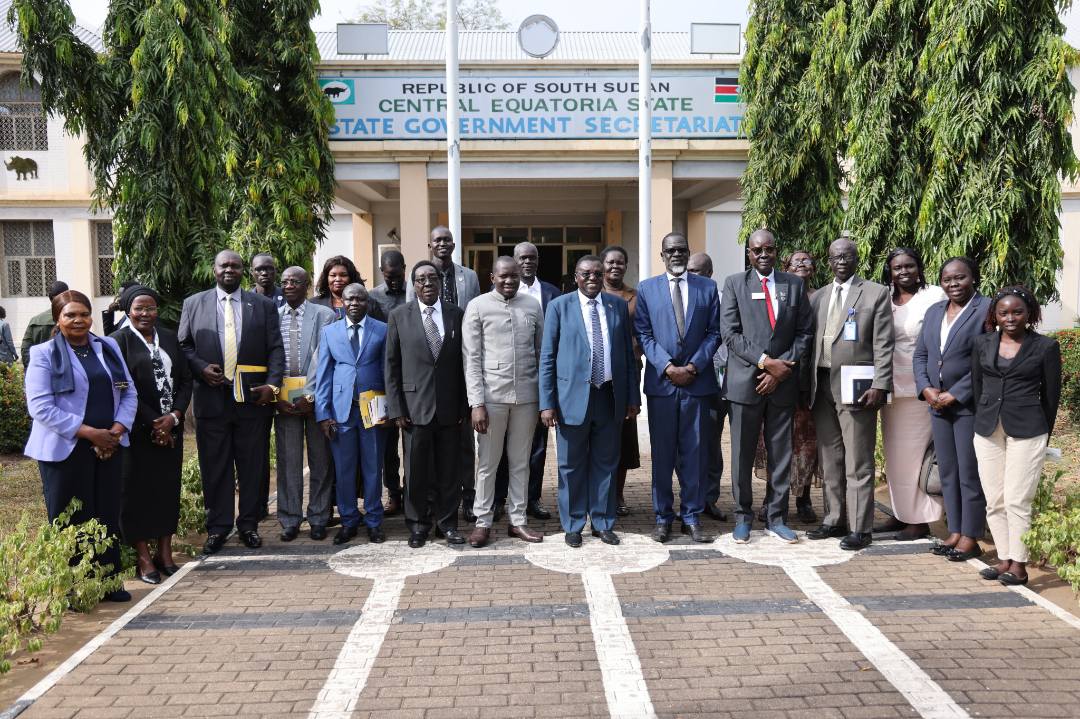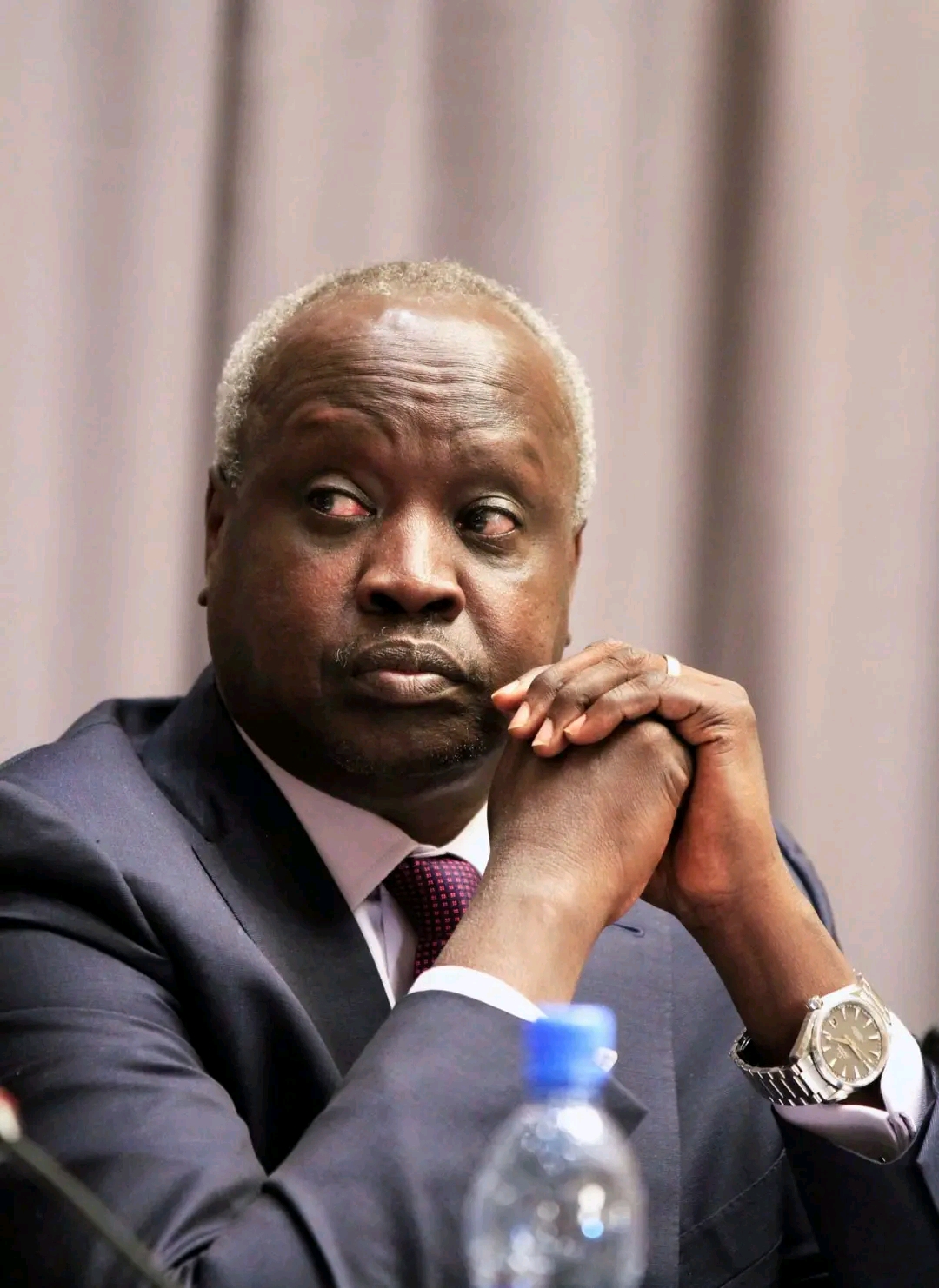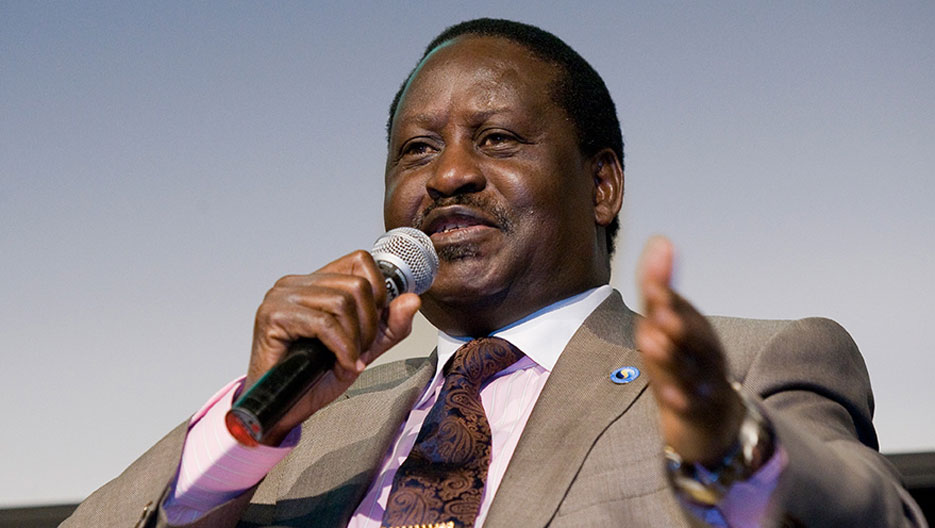
By: Eliza James William
Apology, in its simplest definition, means: “The power to transform negative events into peaceful outcomes.”
To grasp the full concept, let’s consider the following verse:
“Wisdom is good as an inheritance; it is a good thing for those who see the sun. For wisdom is a shelter as money is a shelter, but the advantage of knowledge is that wisdom preserves those who have it.” — Ecclesiastes 7:11-12
Apology is one of the components of wisdom, and in itself, it is a power that saves you from hardship. Therefore, the wise man, King Solomon, describes apology wisely, saying: “A gentle answer turns away wrath, but a harsh word stirs up anger.” — Proverbs 15:1
Apology is one of the gentle words that can dissipate anger. It frees a person from the consequences of anger, as anger always leads to harmful results.
Thus, I believe it is very important for us to learn the language of apology, because we all need it, especially in these times when problems of all kinds are so common.
An apologizer is not weak, as we often feel in our prideful nature—pride is not a trait of the great. The great person is always humble. Humility is one of the characteristics of noble and honorable individuals, and also the nature of those who respect life in its simplest form.
I always describe an apology as a firetruck that extinguishes the flames when a fire breaks out.
Apology is a gift from God to help us resolve problems and situations. It brings intellectual peace and inner peace. It also creates a bond of unity and fosters a spirit of love.
Apology gives a new opportunity and opens a new chapter for all parties involved. It builds a bridge of communication instead of separation.
Apology is not just a word; it is a spirit that brings comfort to its possessor. Things always seem easier to solve through an apology.
#Merry Christmas to all the readers of the DERAWET MEDIA GROUP – Page
We wish you all the best, and may you have a blessed year.
#MyVoice… A Voice of Love, A Voice of Reform








